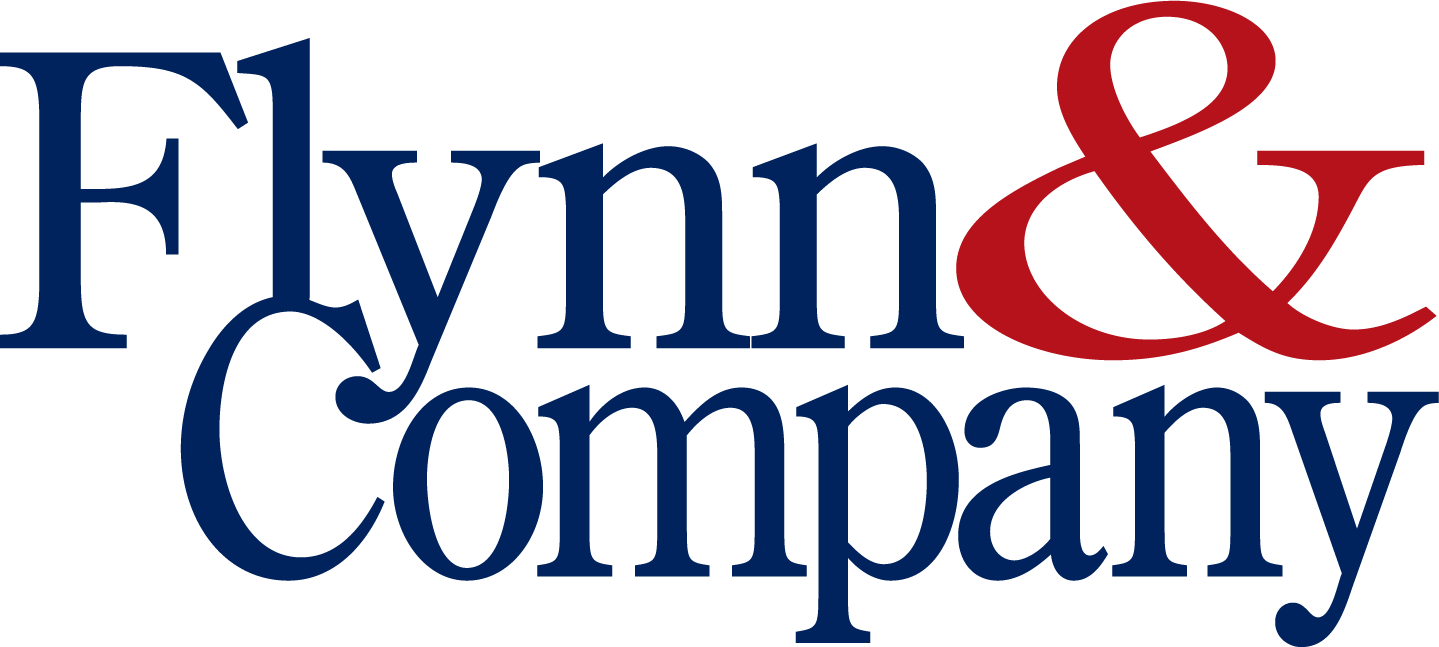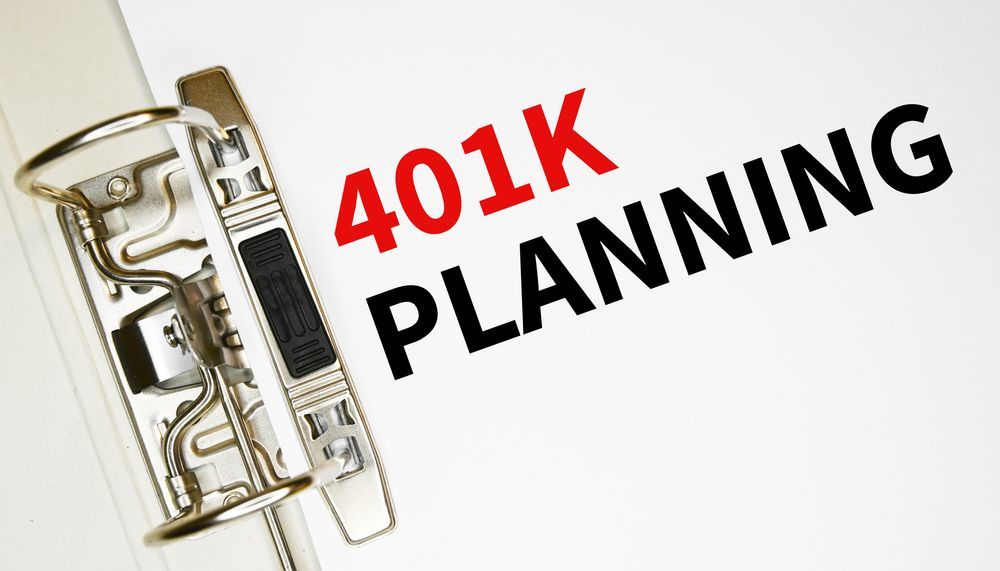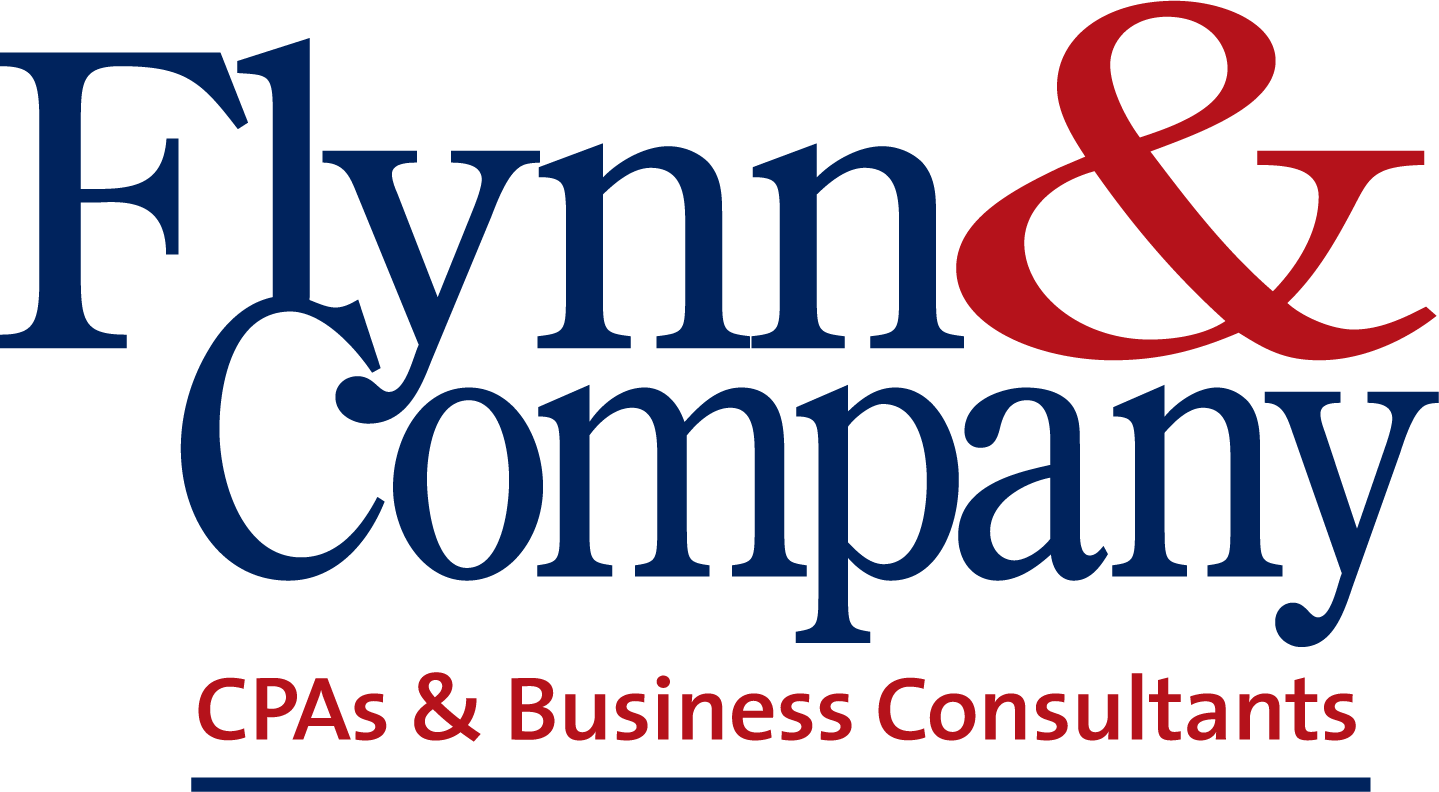How to Create an Employee Expense Reimbursement Plan

What is Employee Expense Reimbursement?
Employee expense reimbursement is when an employer reimburses an employee for business-related expenses that the employee paid. For example, if an employee pays for a hotel on a business trip and their employer pays them back for the cost of the hotel, that is considered to be employee reimbursement.
If you're an employer, you need to be very careful about how you handle the reimbursement process. The amounts that you pay will always be deductible to you as a business expense, but the exact reimbursement process determines if the money is taxable to your employee and thus subject to payroll taxes. Here's what you need to consider before setting up a plan.
Types of Employee Expense Reimbursement
Employees may incur a range of different expenses in the course of their employment. As a general rule of thumb, if an expense would be considered a deductible business expense if paid directly by the business or its owner, it's deductible through an employee reimbursement plan as well. Here are some of the most common expenses that are subject to employee reimbursement.
Travel Expenses
This is one of the most common types of employee expense reimbursements. It includes expenses such as airfare, car rental, hotels, meals, conventions, and other costs that employees are likely to incur while traveling for work.
Mileage Reimbursement
If employees drive their own vehicles for work, their employers may offer to pay for the mileage. The employer typically uses the rate established by the IRS for mileage that year. Then, they multiply the rate by the number of miles logged by the employee. For example, as of 2023, the mileage rate is 66.5 cents per mile. If your employee drives 100 miles, you would reimburse them $66.50.
Meal and Entertainment Expenses
Meals and entertainment expenses are often incurred when employees take out clients or prospective clients. The employer can reimburse the employee for the full cost of the meal, but depending on the situation, the employer may only be able to claim half of the meal's cost as a business expense. Before covering entertainment expenses, employers should double check the IRS's rules — in 2018, the Tax Cuts and Job Act made significant changes to the deductibility of entertainment expenses for business.
Professional Development Expenses
This employee expense reimbursement category includes expenses related to professional development or education. This category generally includes webinars, continuing education, conventions, and similar costs.
Technology and Equipment Expenses
This type of reimbursement has become much more popular as employees work from home. Rather than requiring an employee to buy all of the technology and equipment for their home offices, most employers are offering reimbursement plans.
How to Report Employee Expenses

There are two main ways to deal with employee expenses — accountable plans and non-accountable plans. With an accountable plan, you reimburse your employees, and then, you claim a business deduction for the cost of the reimbursement. For example, say that your employee spends $100 on office supplies and you reimburse the $100. Now, you can claim that $100 as a business expense on your tax return.
In contrast, with a non-accountable plan, you have to include the reimbursement in your employees wages. You still get to deduct that amount as a wage expense on your tax return, but it has different tax implications for both you and the employee.
To illustrate, say that your employee pays $100 for office supplies, and you reimburse them through a non-accountable plan. This means that the $100 is considered to be wages to your employee.
Here's how that works: You include the $100 on your employee's paycheck, and it appears with their wages on their W2 form at the end of the year. They report this amount as wages when they file their tax return, and they pay Social Security, Medicare, and state and federal income tax as applicable on those wages. As the employer, you pay the matching portion of Social Security and Medicare taxes on those wages.
Tips for Managing Employee Expense Reimbursements
As you can see from the above section, an accountable plan saves money for both the employer and the employee. However, to be considered accountable, your plan must meet certain criteria. Keep these tips in mind as you manage your plan:
- You must have a policy in place — To be considered an accountable plan, it must be governed by an official business policy. You don't have to pay anything in writing, but you may want to draft something to ensure that everyone is on the same page.
- You cannot reimburse employees more than 30 days before the expense — You don't have to make your employees spend their own money and wait for reimbursement. Instad, you can give them the funds in advance, but you can only do so up to 30 days before the expense will be incurred.
- Employees must ask for reimbursement within 60 days — If you are reimbursing employees for expenses that they have covered, they must make the request within 60 days. Consider using a tighter deadline to reduce the risk of late or missing requests.
- Employees must refund excess reimbursements within 120 days — If you reimburse an employee for more than they spent, they must give you back the funds in 120 days or less. For example, this often happens with advance payments — such as giving an employee $1,000 for a business trip but they only spend $700.
- You must collect receipts — To substantiate the reimbursements, you must collect receipts from your employees. However, there is an exception for non-lodging expenses worth less than $75. You don't need a receipt for those items. For example, if you give an employee $75 per diem for food while traveling, that falls under the threshold and you don't need a receipt. If they stay in a hotel room for $60, you still need a receipt — although the expense is under the threshold, this rule doesn't apply to hotel rooms.
The Bottom Line
You need to handle employee expense reimbursement carefully if you want to avoid creating an unnecessarily tax liability for your employees or your business.
At Flynn & Co, we help businesses navigate the complex maze of IRS tax requirements, and whether you're setting up an employee expense reimbursement plan or anything else, we can help you do so in a way that gives you the most tax benefits possible. To learn more, contact us today.






